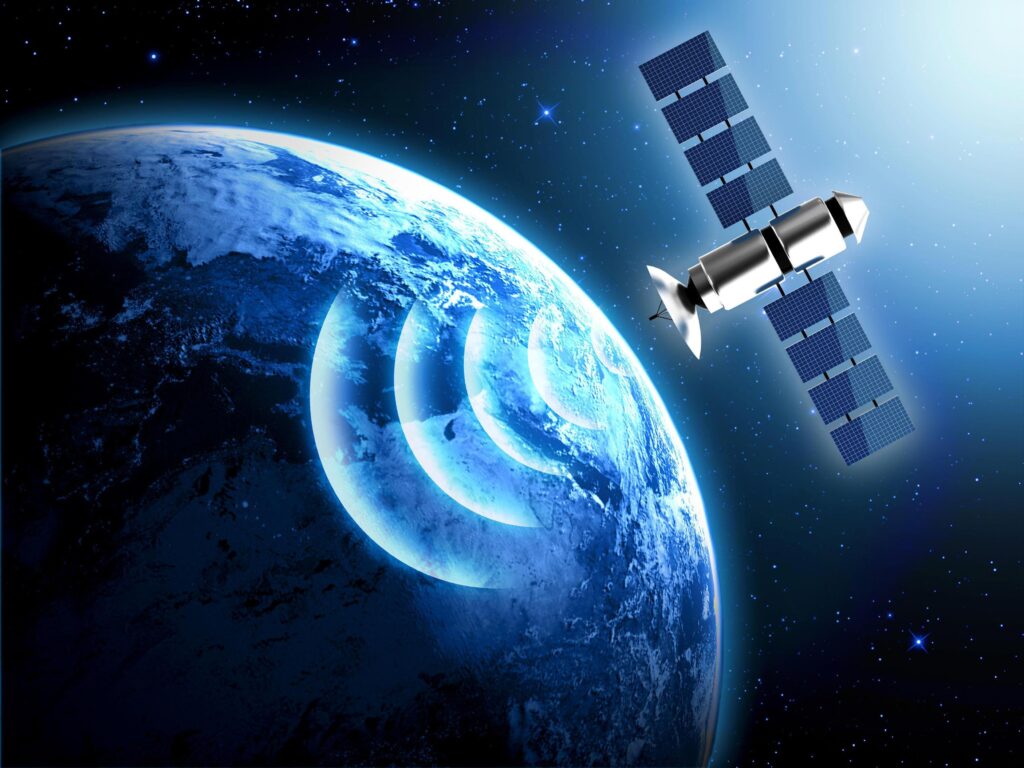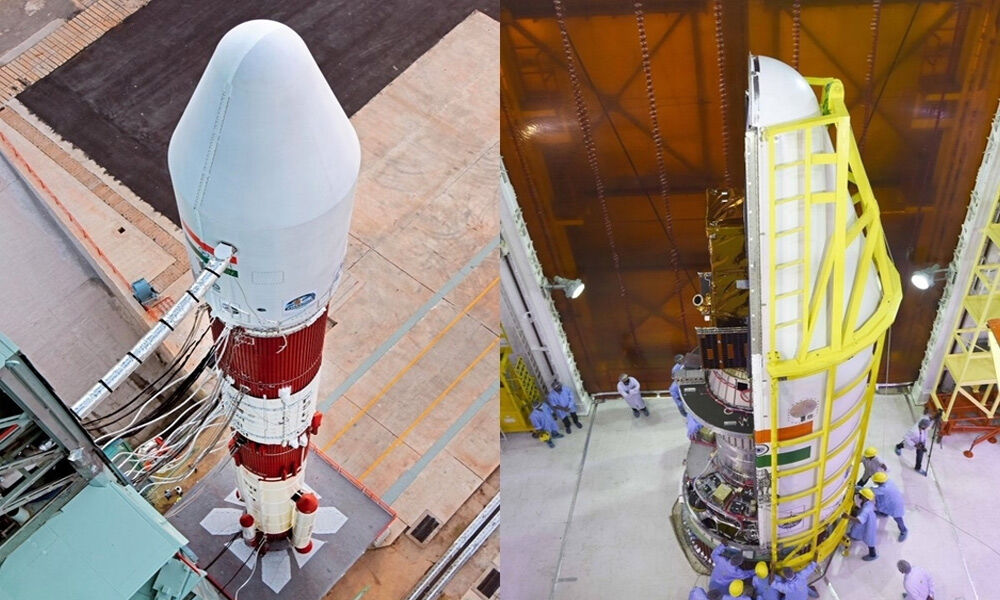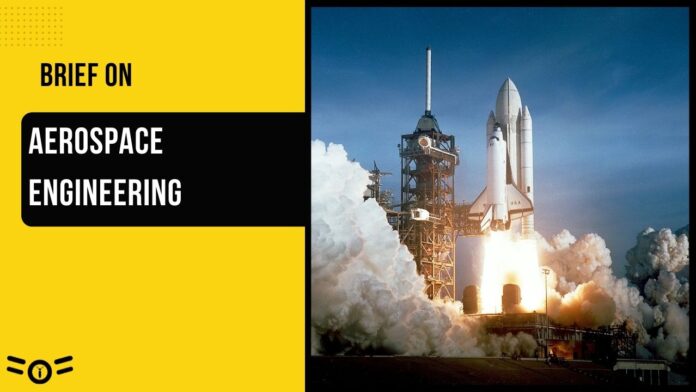What is aerospace engineering? Is it similar to aeronautical engineering? Before one takes up a course, it is very important to be clear about our decisions. At times it happens when we want to choose a particular path but end up in a different direction due to a lack of knowledge. A small introduction to aerospace engineering is discussed in this article.
Table of Contents
Introduction to Aerospace
Aerospace engineering basically consists of all subjective knowledge where you learn about the space vehicles, Space environments, space engineering or astronautics and rocket science. In the bachelor of aerospace engineering, students learn about the basics of space-related technology which combines both satellites and rockets. In rocket science, students learn about propulsion systems, rocket equations, structures, analysis and so on.
When it comes to satellites, students learn subjects such as controls, orbital mechanics, and subsystems of satellites. This seems good so far. When one graduate and is looking for jobs or wants to pursue a master’s, one should be able to decide which field they want to take up. Aerospace then is divided into satellites and rockets which are completely different.

Photo credits: IEEE spectrum,Satellites can be surprisingly great option for IoT
Satellite and Rocket Industries
Satellites are more about system engineering, attitude and orbit control systems, communications, telemetry and payload. It basically needs a lot of software engineering than mechanical engineering. Whereas, in rockets, it is completely different. It is a vehicle that carries these satellites. It is more on the mechanical side which includes rocket structure, propulsion, thermodynamics, material science, CAD drawings and analysis, manufacturing and so on. Rockets are huge industries with various divisions which also requires a large capital compared to satellites. This can also be one reason for a lower number of rocket building industries compared to satellite industries. At present, there are up to 4 or 5 huge rocket launchers which launch all the satellites built in the world.

Career in Aerospace
In order to gain more knowledge in the aerospace field, more than the subjective knowledge, it comes from experience, work and projects. Most of the rocket industries hire students with a master’s degree who have experience working on rocket launcher projects at universities such as at least launching sounding rockets.
One can take up a master’s or M.Tech aboard or in India itself to broaden job opportunities in aerospace sectors. Indian IITs and IISc are the best options for masters in India, also IIST, Kerala gives direct job entry into ISRO. At present, a number of space startups have flourished, especially in Bangalore and Hyderabad. It is said that over 50 space-based start-ups exist at present and well, the numbers are going up in the near future. IISc which is located in Bangalore has incubated start-ups such as Bellatrix, Tsalla Aerospace, Astrome and so on. There is betterment in space industries in India with the latest technologies.
Since aerospace is such a vast field, it is very hard for anyone to find what they are best suited to, for which one should evolve every aspect of this field. Trying something new to find your passion is the best way. You can try to work in various such subsystems and find what suits you the best. Without knowledge and experience, it becomes hard to find your interests. Also, the more you explore, the stronger you get in your field of work.
More importantly, the more you work in different fields in aerospace, the more you understand how each field works and is interrelated to other fields. If you know how to build a satellite but have no knowledge of how to integrate it into the rocket system, what is the use of building a satellite? If you build a rocket and do not allocate space to accommodate satellites, then there is no point in having a rocket. To conclude, having knowledge in everything you do lets you free from limitations.
If you want to see more content like this, follow Aéronefs.


